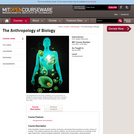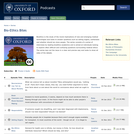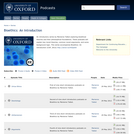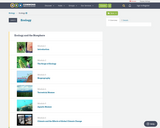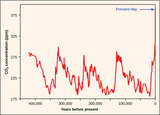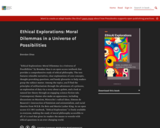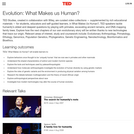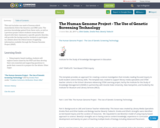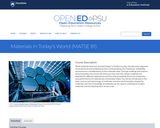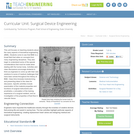Why Most Abortions Aren’t Wrong & Why All Abortions Should Be Legal
Short Description:
To many people, abortion is an issue for which discussions and debates are frustrating and fruitless: it seems like no progress will ever be made towards any understanding, much less resolution or even compromise. When emotions run high, we sometimes need to step back and use a passion for calm, cool, critical thinking. This helps us better understand the positions and arguments of people who see things differently from us, as well as our own positions and arguments. Here we use basic critical thinking skills to argue that abortion is typically not morally wrong.
Long Description:
To many people, abortion is an issue for which discussions and debates are frustrating and fruitless: it seems like no progress will ever be made towards any understanding, much less resolution or even compromise. Judgments like these, however, are premature because some basic techniques from critical thinking, such as carefully defining words and testing definitions, stating the full structure of arguments so each step of the reasoning can be examined, and comparing the strengths and weaknesses of different explanations can help us make progress towards these goals. When emotions run high, we sometimes need to step back and use a passion for calm, cool, critical thinking. This helps us better understand the positions and arguments of people who see things differently from us, as well as our own positions and arguments. And we can use critical thinking skills help to try to figure out which positions are best, in terms of being supported by good arguments: after all, we might have much to learn from other people, sometimes that our own views should change, for the better. Here we use basic critical thinking skills to argue that abortion is typically not morally wrong. We begin with less morally-controversial claims: adults, children and babies are wrong to kill and wrong to kill, fundamentally, because they, we, are conscious, aware and have feelings. We argue that since early fetuses entirely lack these characteristics, they are not inherently wrong to kill and so most abortions are not morally wrong, since most abortions are done early in pregnancy, before consciousness and feeling develop in the fetus. Furthermore, since the right to life is not the right to someone else’s body, fetuses might not have the right to the pregnant woman’s body—which she has the right to—and so she has the right to not allow the fetus use of her body. This further justifies abortion, at least until technology allows for the removal of fetuses to other wombs. Since morally permissible actions should be legal, abortions should be legal: it is an injustice to criminalize actions that are not wrong. In the course of arguing for these claims, we: discuss how to best define abortion; dismiss many common “question-begging” arguments that merely assume their conclusions, instead of giving genuine reasons for them; refute some often-heard “everyday arguments” about abortion, on all sides; explain why the most influential philosophical arguments against abortion are unsuccessful; provide some positive arguments that at least early abortions are not wrong; briefly discuss the ethics and legality of later abortions, and more. This essay is not a “how to win an argument” piece or a tract or any kind of apologetics. It is not designed to help anyone “win” debates: everybody “wins” on this issue when we calmly and respectfully engage arguments with care, charity, honesty and humility. This book is merely a reasoned, systematic introduction to the issues that we hope models these skills and virtues. Its discussion should not be taken as absolute “proof” of anything: much more needs to be understood and carefully discussed—always.
Word Count: 16411
(Note: This resource's metadata has been created automatically by reformatting and/or combining the information that the author initially provided as part of a bulk import process.)
